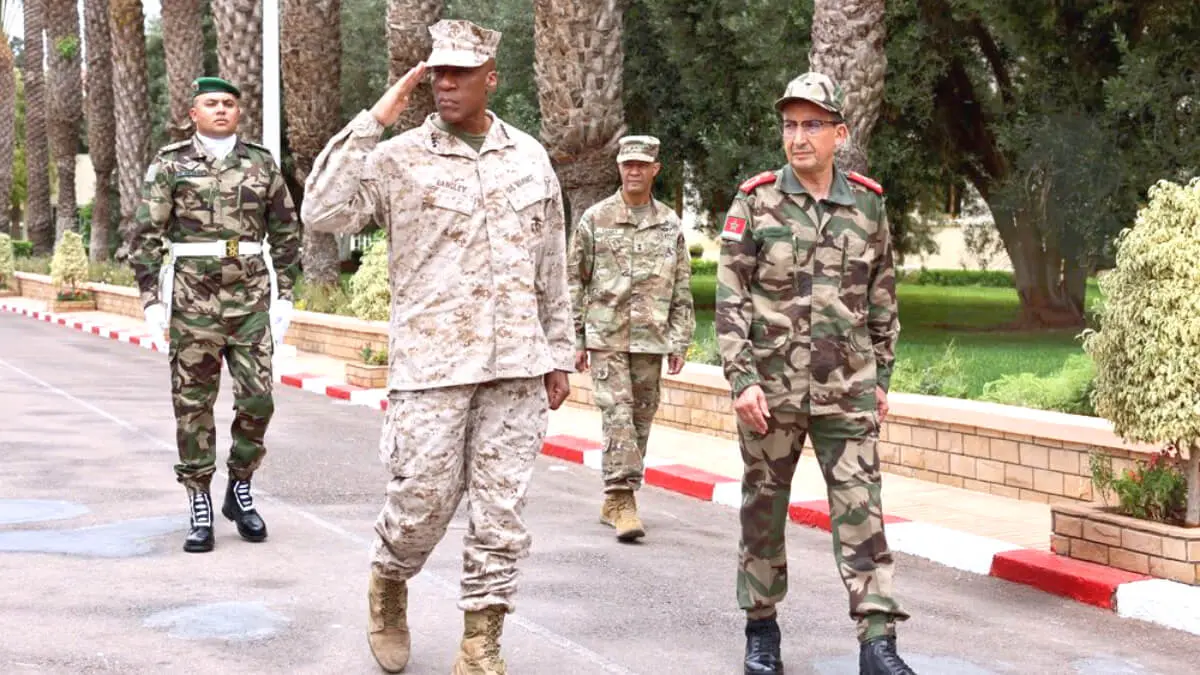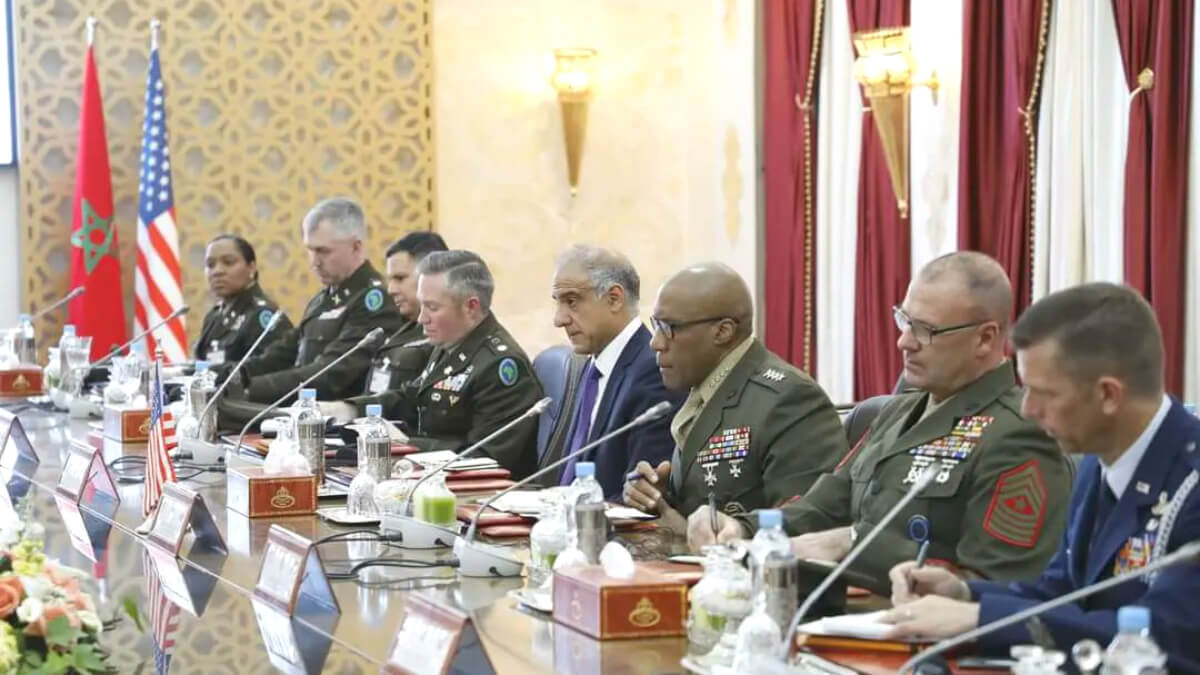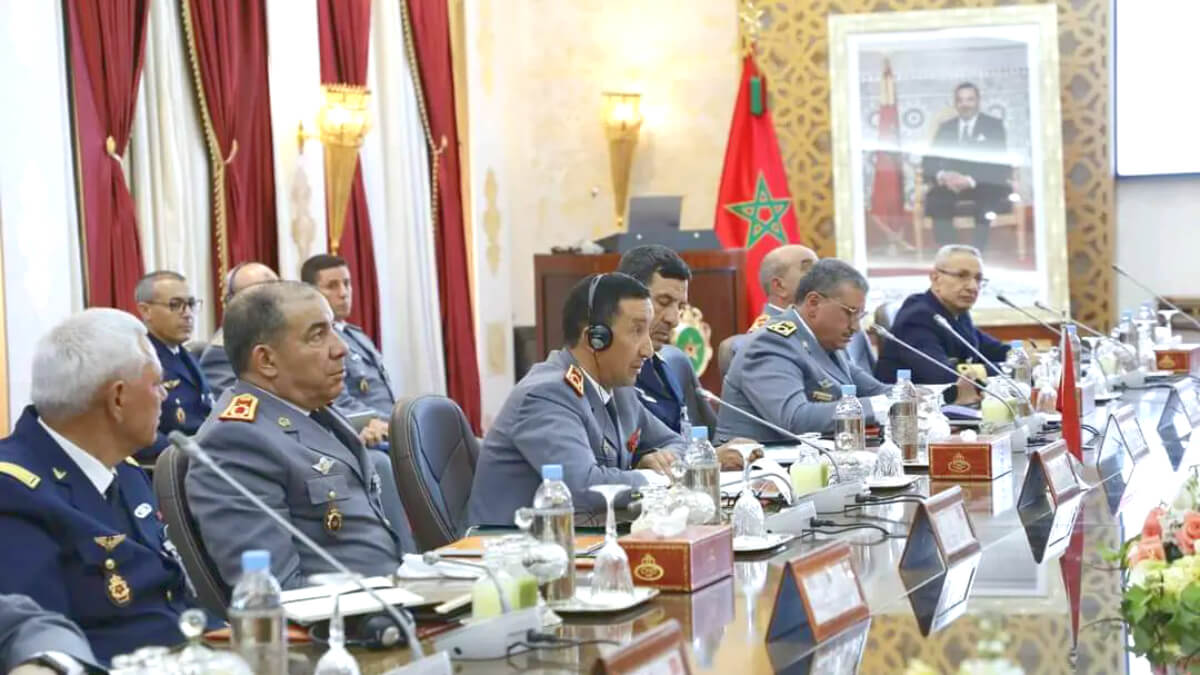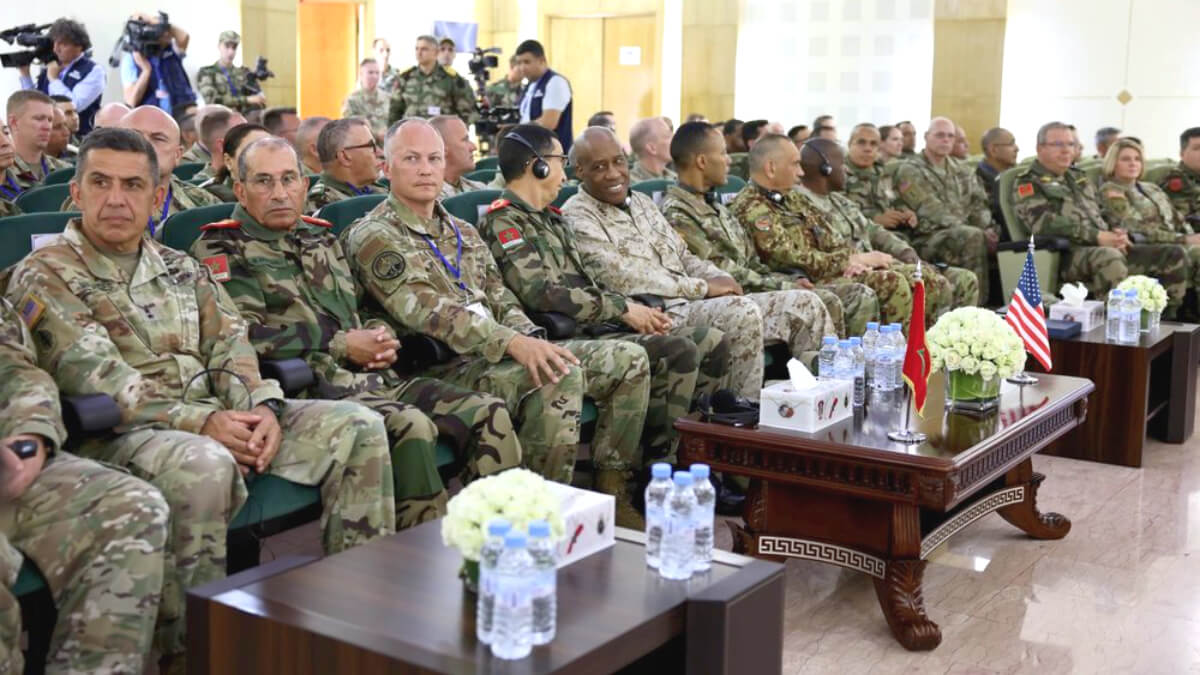US announces possible relocation of AFRICOM headquarters to Morocco

During the House Armed Services Committee hearing entitled ‘U.S. Military Posture and National Security Challenges in the Greater Middle East and Africa,‘ General Michael Langley said that the US military was considering moving the headquarters of the United States Africa Command (AFRICOM) from Stuttgart, Germany, to Kenitra, Morocco, which he described as ’the most reliable partner on the African continent.'
Despite the cost involved, Langley assured that the move would facilitate operations and the management of resources allocated to the organisation. Along the same lines, the general affirmed Morocco's important role in continental security, especially in maintaining peace and stability in the Sahel region, and internationally with its support for counter-terrorism policies.

During the hearing, which also lasted more than two hours and was attended by other senior US defence officials such as General Michael Kurilla, commander of Central Command, and Katherine Thompson, undersecretary of defence for international security affairs, several members highlighted the good relations between the Donald Trump administration and the Moroccan monarchy.
However, this proposal is not the first time it has been put forward in the Committee. Since Donald Trump took office in January this year, General Langley has repeatedly requested the transfer of AFRICOM's headquarters as a token of gratitude to the Moroccan authorities for their work. Although during his first term he outlined on several occasions that the change of AFRICOM's headquarters should be discussed.
The first time it was raised was in February, although at that time the possibility of the naval base in Rota, Spain, was also considered as one of the possible destinations. On other occasions, the possibility of establishing the headquarters in Tunisia was also raised, although, like Spain, both proposals were never considered again.

Although it is only a matter of speculation at the moment, if the transfer of the headquarters to Kenitra is confirmed, it would consolidate the US administration's commitment to Morocco as the most reliable partner for establishing peace in the Sahel, a region where one in three terrorist attacks has taken place in the last five years.
If confirmed, this announcement would also have a double consequence, as it would counteract the expansion of other rival powers of Washington that only seek to enrich themselves through mineral extraction, rather than seeking the safety of the civilian population.
At the same time, the US government, aware of the importance of AFRICOM for stability in North Africa, the Middle East and the Persian Gulf, announced the appointment of two senior officials. This is a milestone for the institution, as for the first time since its creation in 2007, there will be a first officer from the Air Force in AFRICOM, General David Anderson, and General Brad Cooper, who currently also holds the position of deputy commander of CENTCOM, will be appointed as the new head of AFRICOM's Central Operations Command.

But why is AFRICOM not based in Africa?
Although the creation of this command was the result of controversy and debate in the various parliamentary chambers through which the proposal passed, the then President of the United States, George W. Bush, in his fierce fight against terrorism, initially proposed that the headquarters should be on the continent, but the great diversity of countries and the size of the continent raised serious doubts about its location.
Such was the uproar among Republican and Democratic forces that it was even suggested that if the base were not established in Africa, both AFRICOM and its European counterpart EUCOM should share both their budget and facilities.
However, the US president was willing to establish not one but several bases across the continent, but the death of four soldiers in Niger while on an anti-terrorist mission tipped the balance in favour of locating AFRICOM headquarters outside African soil.
Finally, after debate in parliament, the Armed Services Committee of the US House of Representatives designated the German city of Stuttgart as the final destination for the base.








